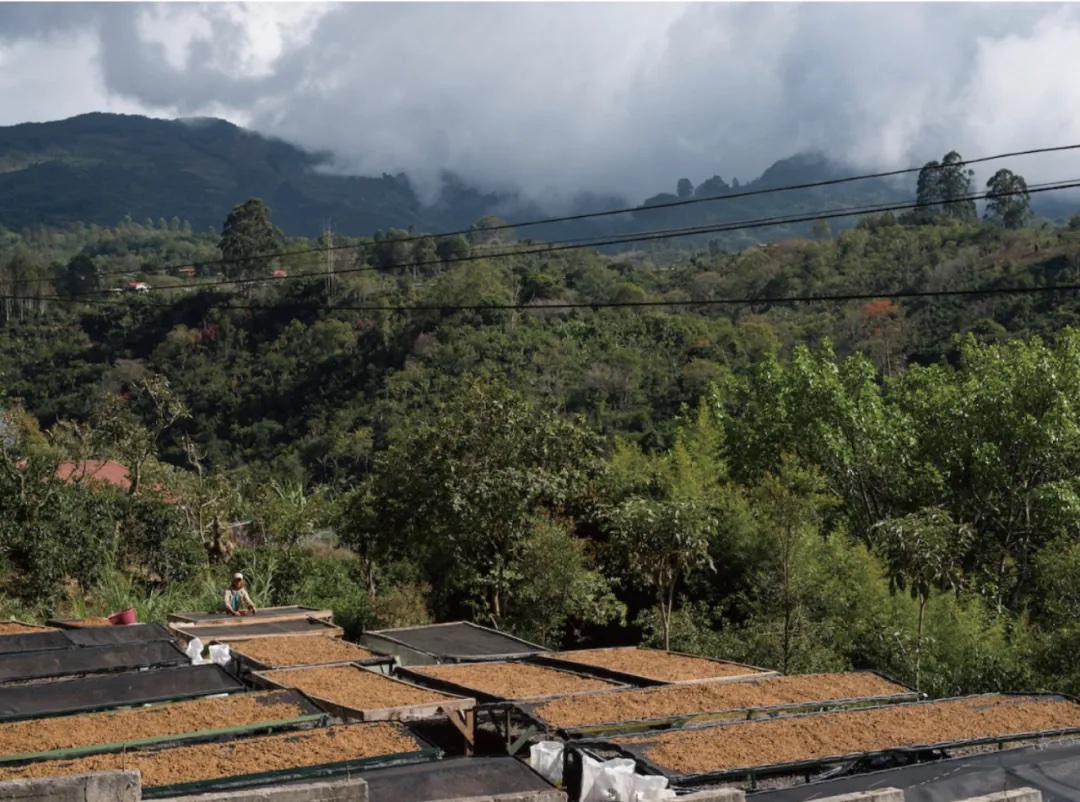According to reports from elmundo in Costa Rica, Costa Rica has introduced the first batch of "deforestation-free coffee". These coffee beans were harvested after December 2020, ensuring that no forests were cut down to expand the planting area, which can meet the requirements of the EU EUDR. These coffee beans have been sold and will be shipped to Italy.
This batch of "deforestation-free coffee" is a pilot project promoted by the United Nations Development Programme (UNDP) and the Costa Rican Coffee Association (ICAFE). There are a total of 275 bags, each containing 60 kilograms of coffee beans. These coffee beans are produced by producers from the Tarrazú.
In June of this year, the EU released its first "Zero Deforestation Act", also known as the EU Forest Deforestation Regulation (EUDR). This regulation stipulates that no individual or enterprise can sell products involving deforestation in the EU market, including coffee, cocoa, etc. The bill requires operators to conduct due diligence on the origin of the products they sell to determine that they do not involve deforestation or cause forest degradation, otherwise they will face a series of penalty measures such as fines, restrictions, or prohibition of exports.
For the export of Costa Rica's first batch of deforestation-free coffee this time, the Deputy Minister of Strategic Management of the Costa Rican Ministry of Environment and Energy said that this is an example of adapting to climate change. If Costa Rica does not invest in adapting to climate change, it will lose its market competitiveness. After all, Costa Rica's coffee exports are mainly to the United States and EU countries, with coffee exports to the EU accounting for 38.4% of the total exports.
In addition, the person in charge of the pilot project said that the cooperation with the Los Santos region in Costa Rica is because the coffee output in this region is the highest in Costa Rica, and the cooperation with the Tarrazú Cooperative is because it is the largest coffee grower cooperative in the country, with more than 4,500 producers.
This cooperation is one of the key development projects in Costa Rica. Due to the setbacks in the country's coffee industry, according to the earlier statement by the Costa Rican Coffee Research Institute (ICAFE), due to bad weather and a lack of labor, the coffee production in Costa Rica in the 2023/24 fiscal year will be reduced by 13%, and the export volume will also be reduced. In addition, other Central American countries, such as Honduras, Guatemala, and Peru, have strong supplies, and the same quality coffee can be purchased at lower prices in these countries. To increase Costa Rica's competitiveness, it is necessary to adapt to market changes, so this cooperation is very beneficial to the coffee industry in Costa Rica.





Leave a Reply